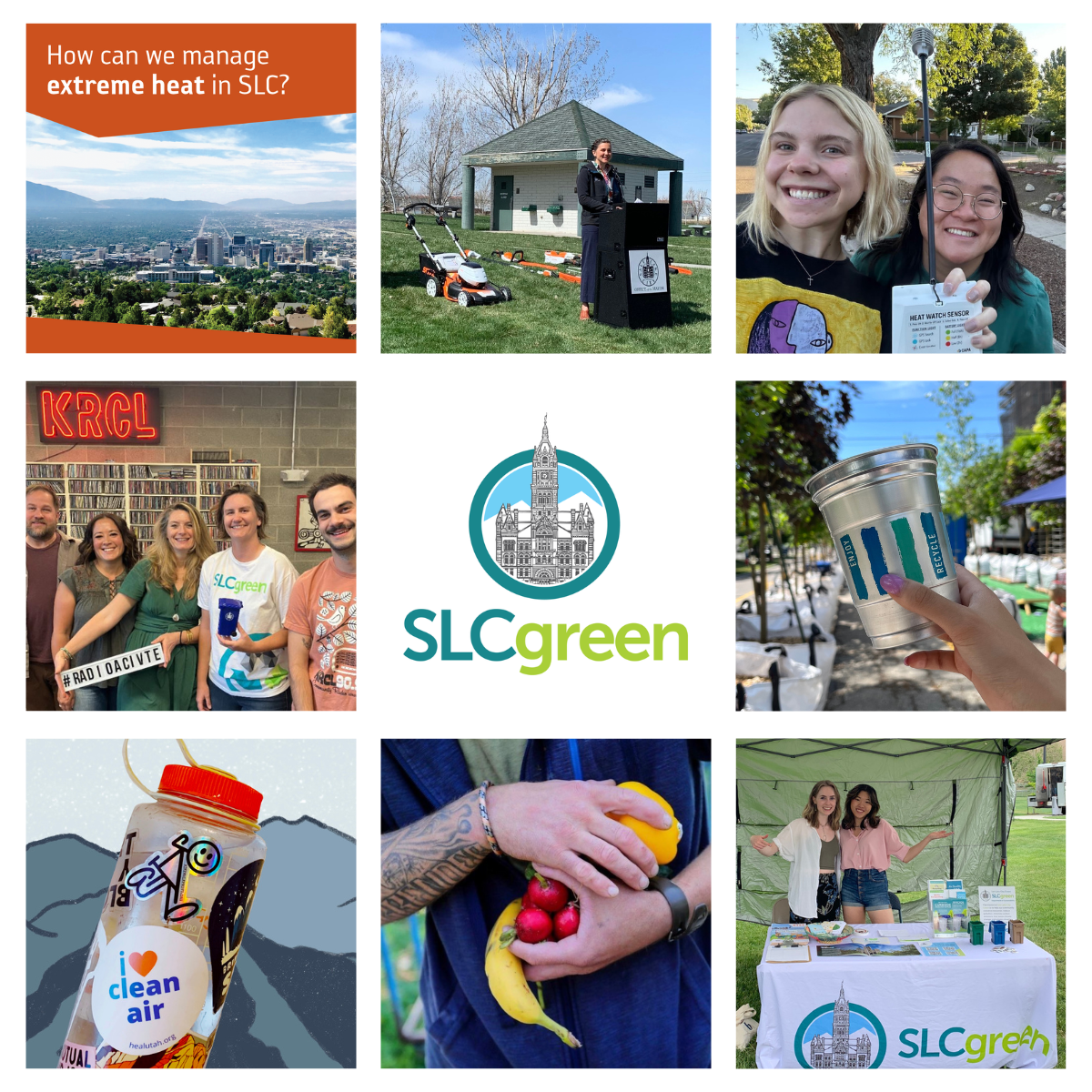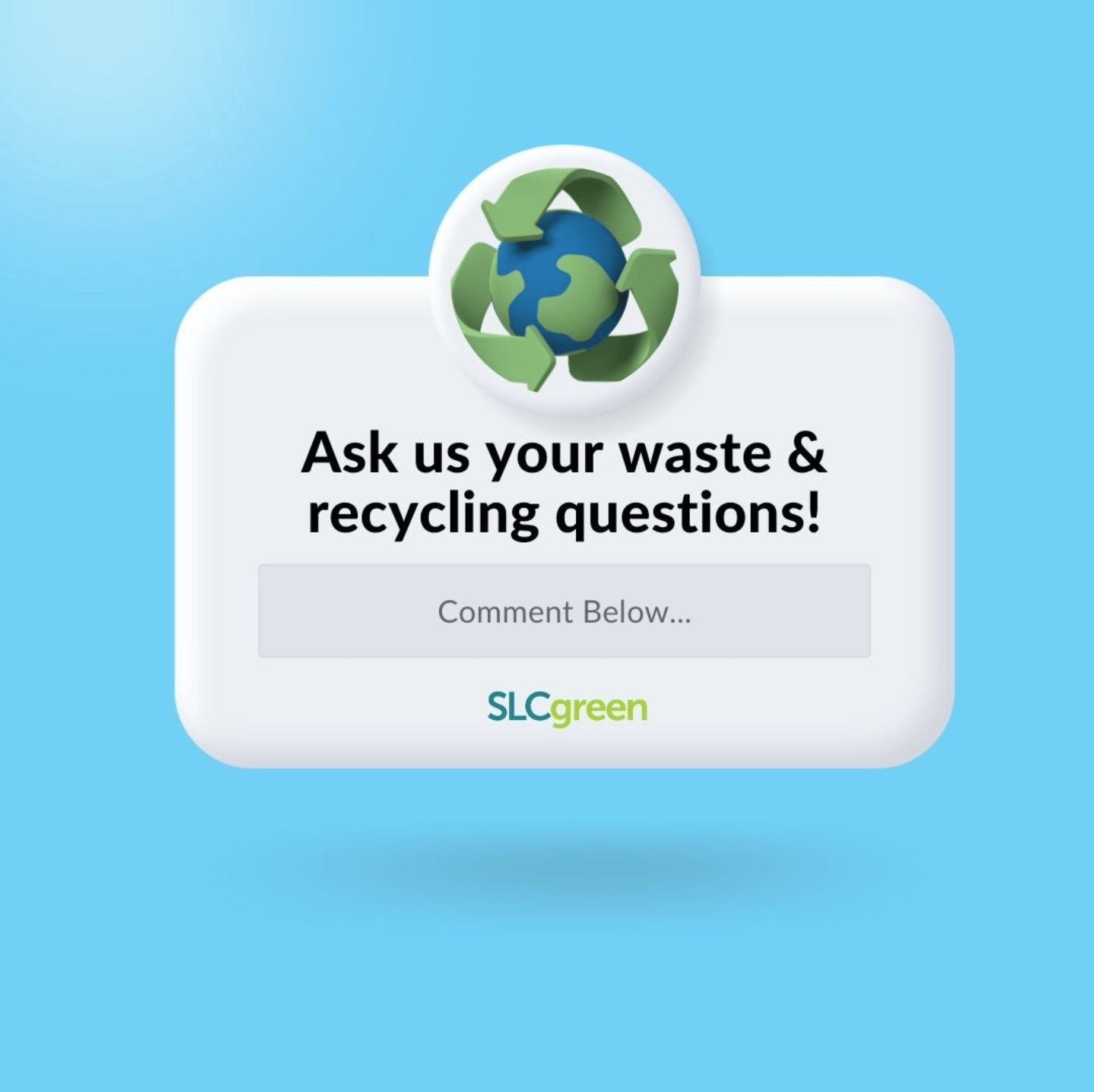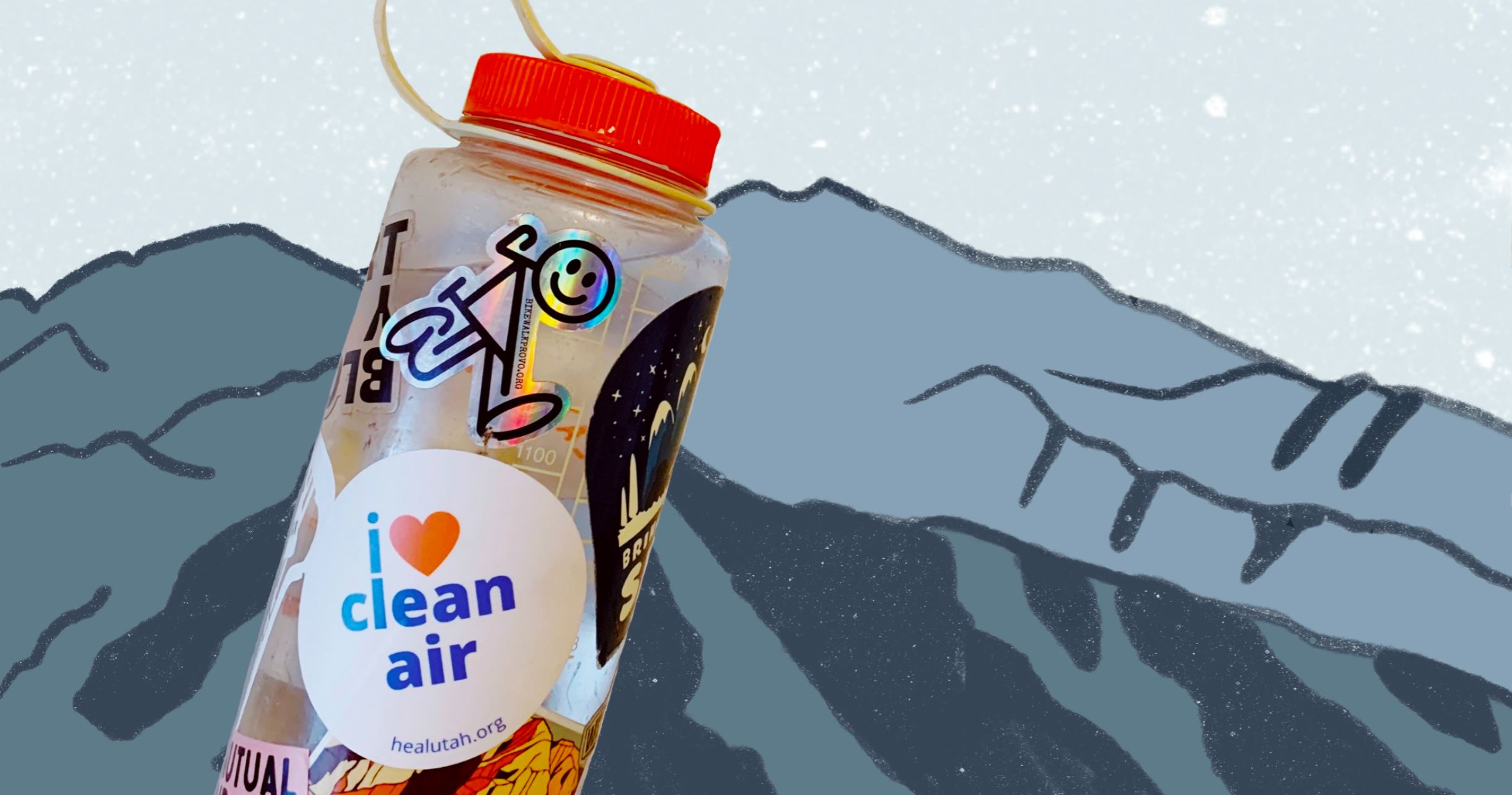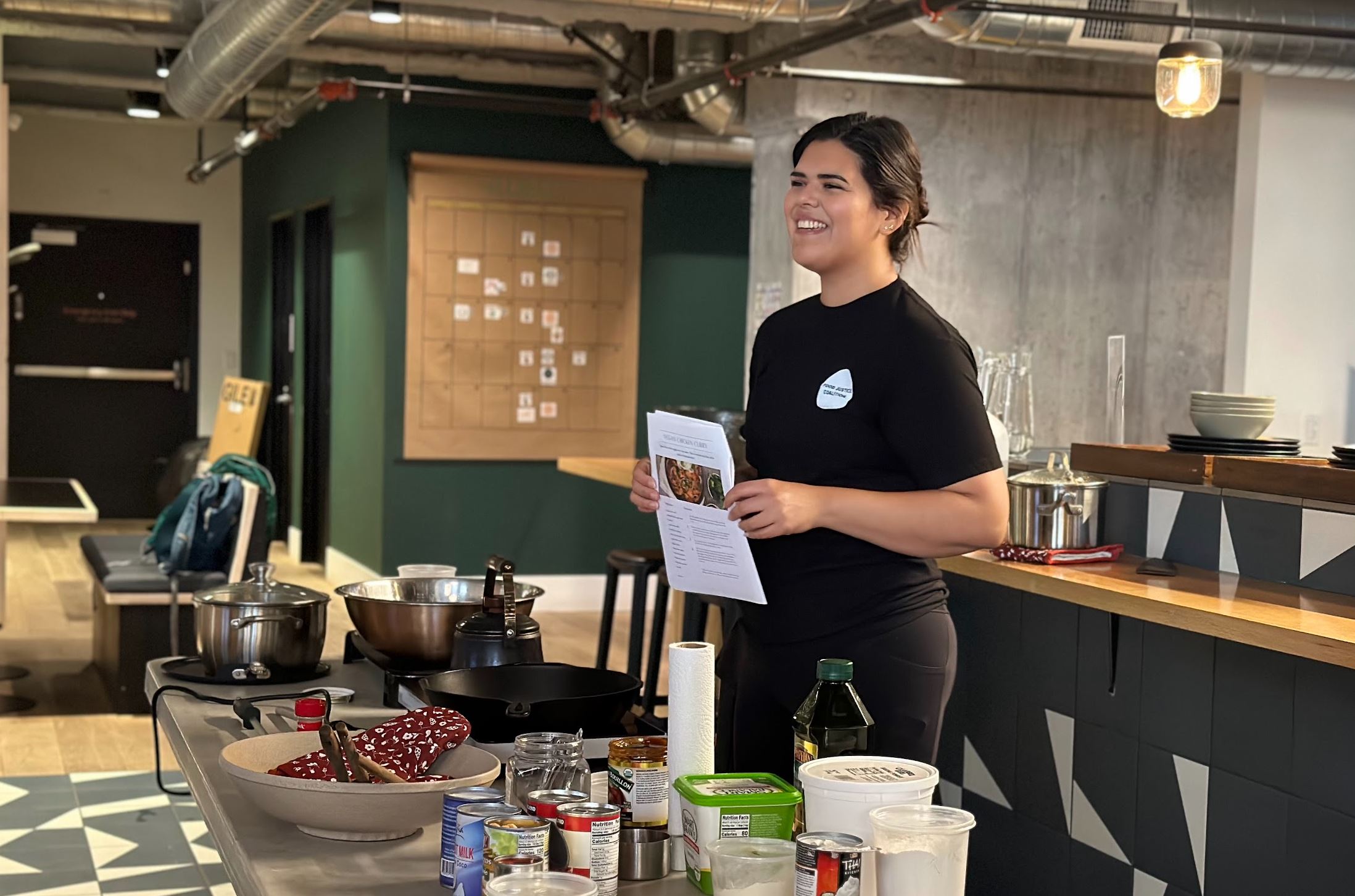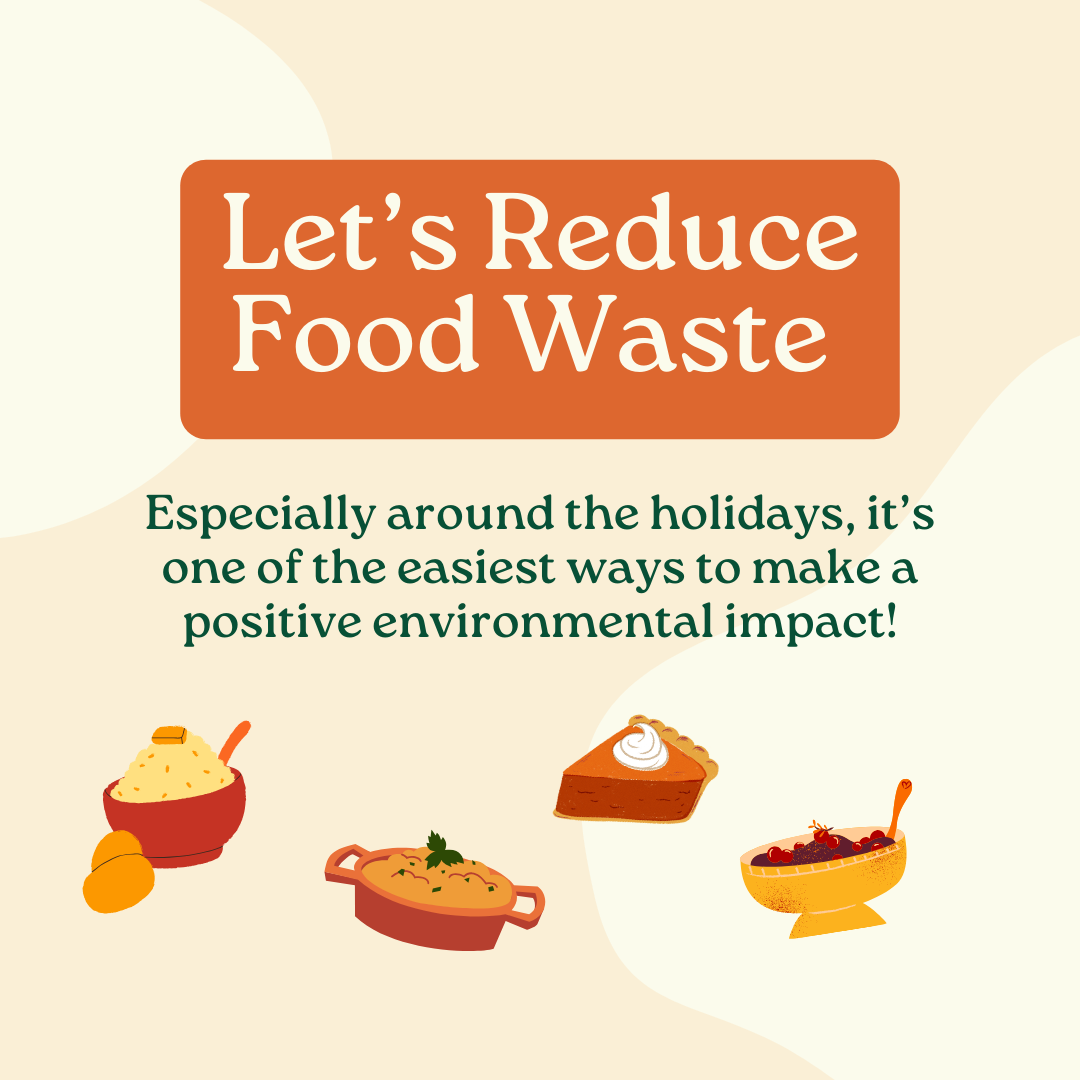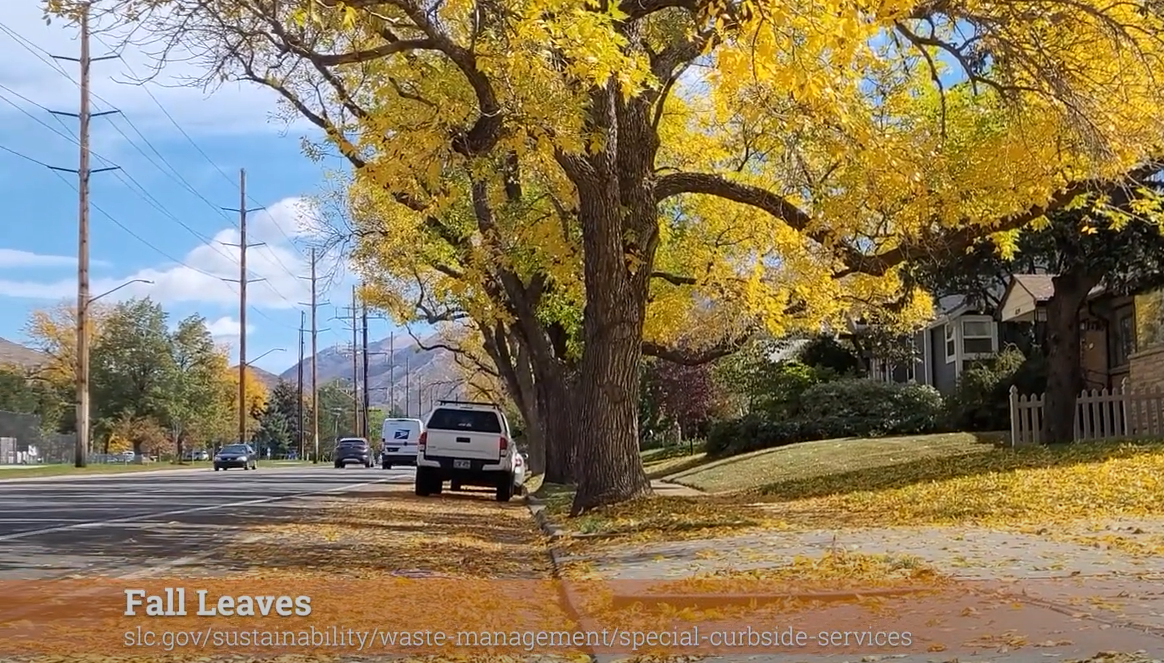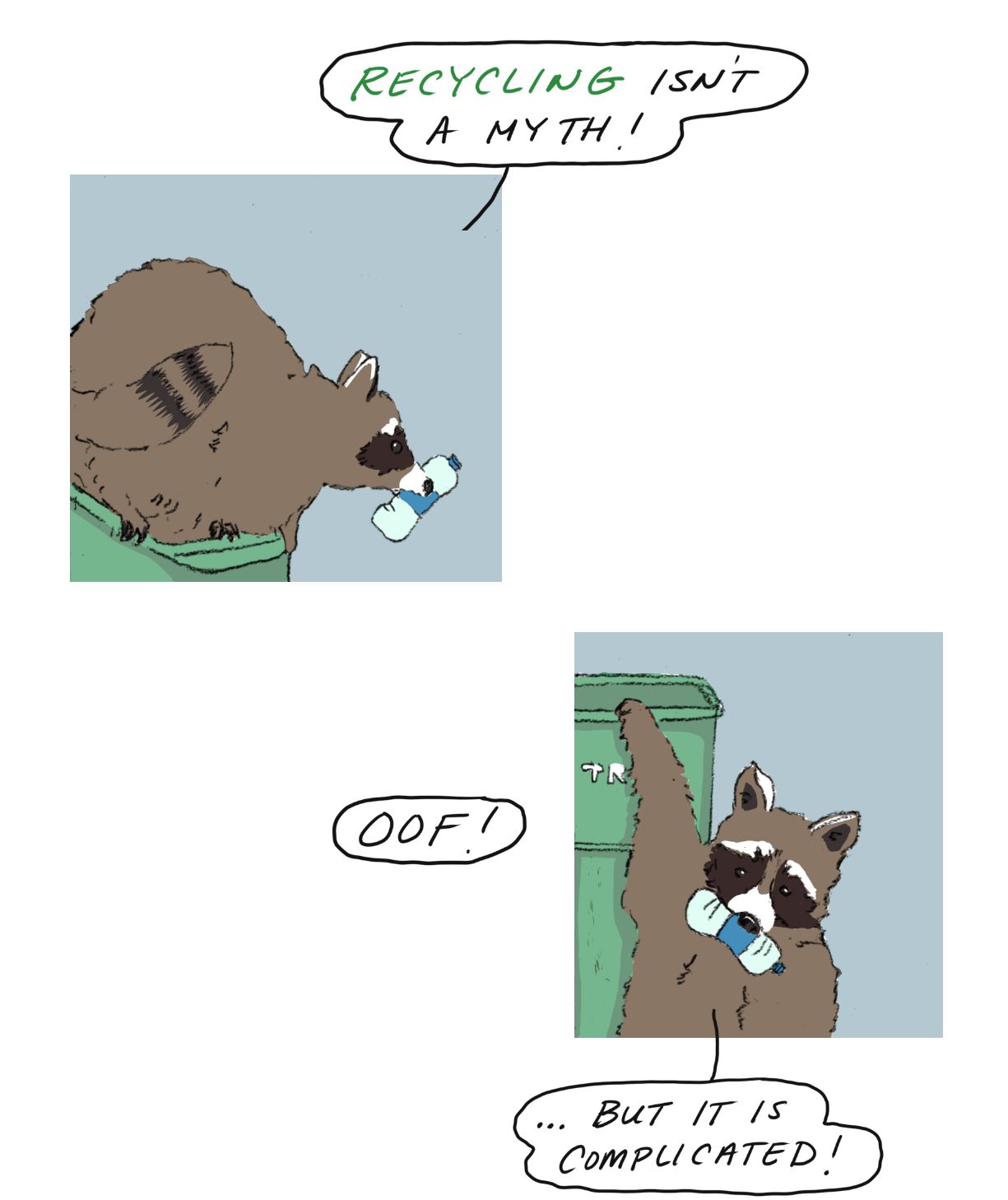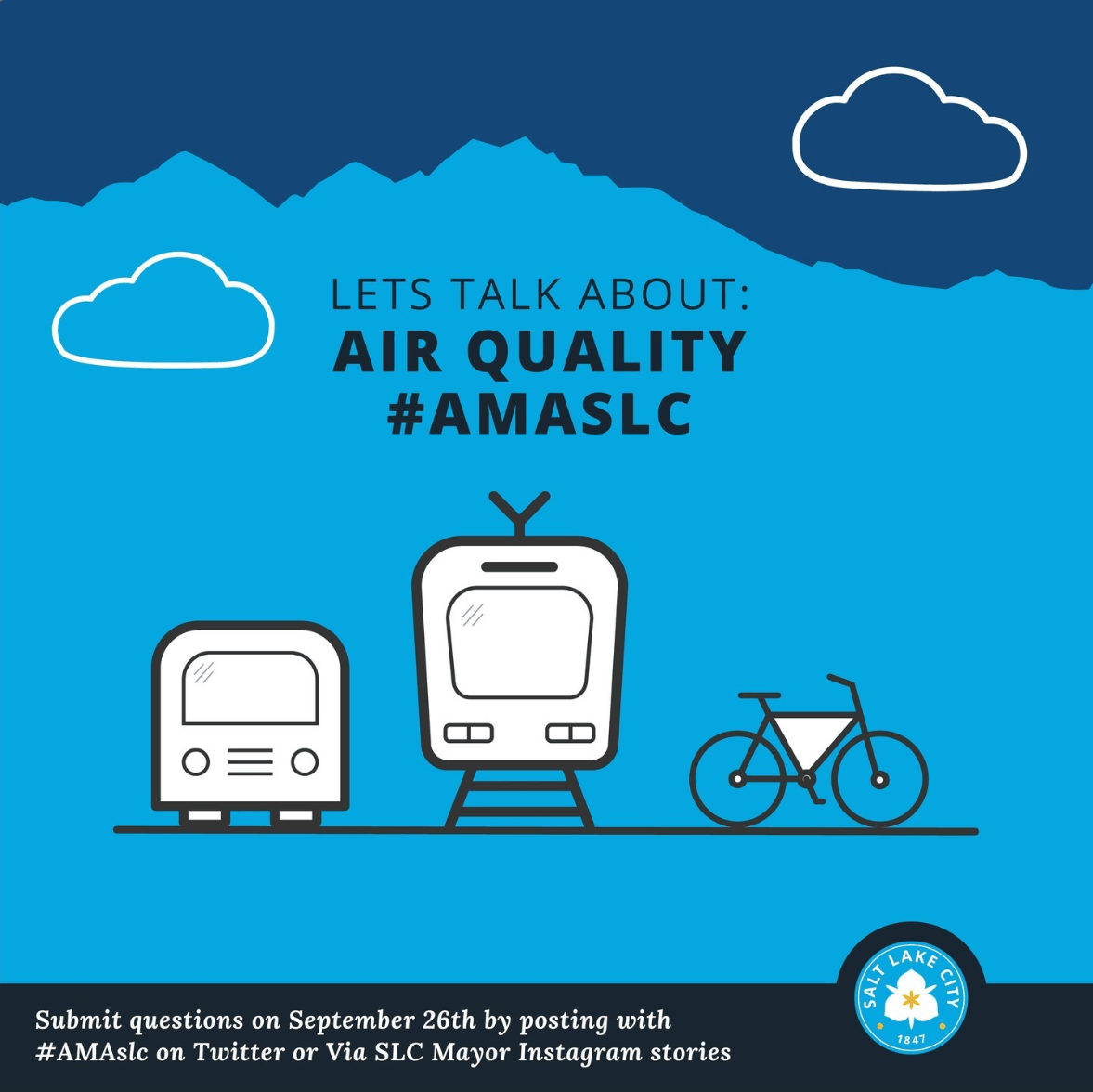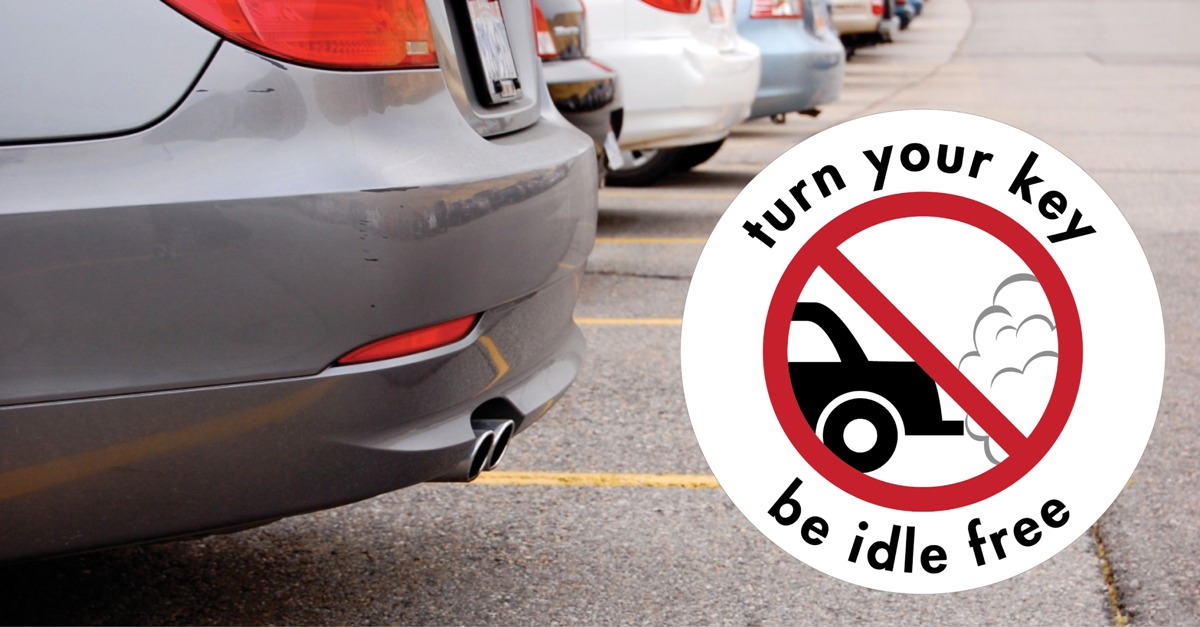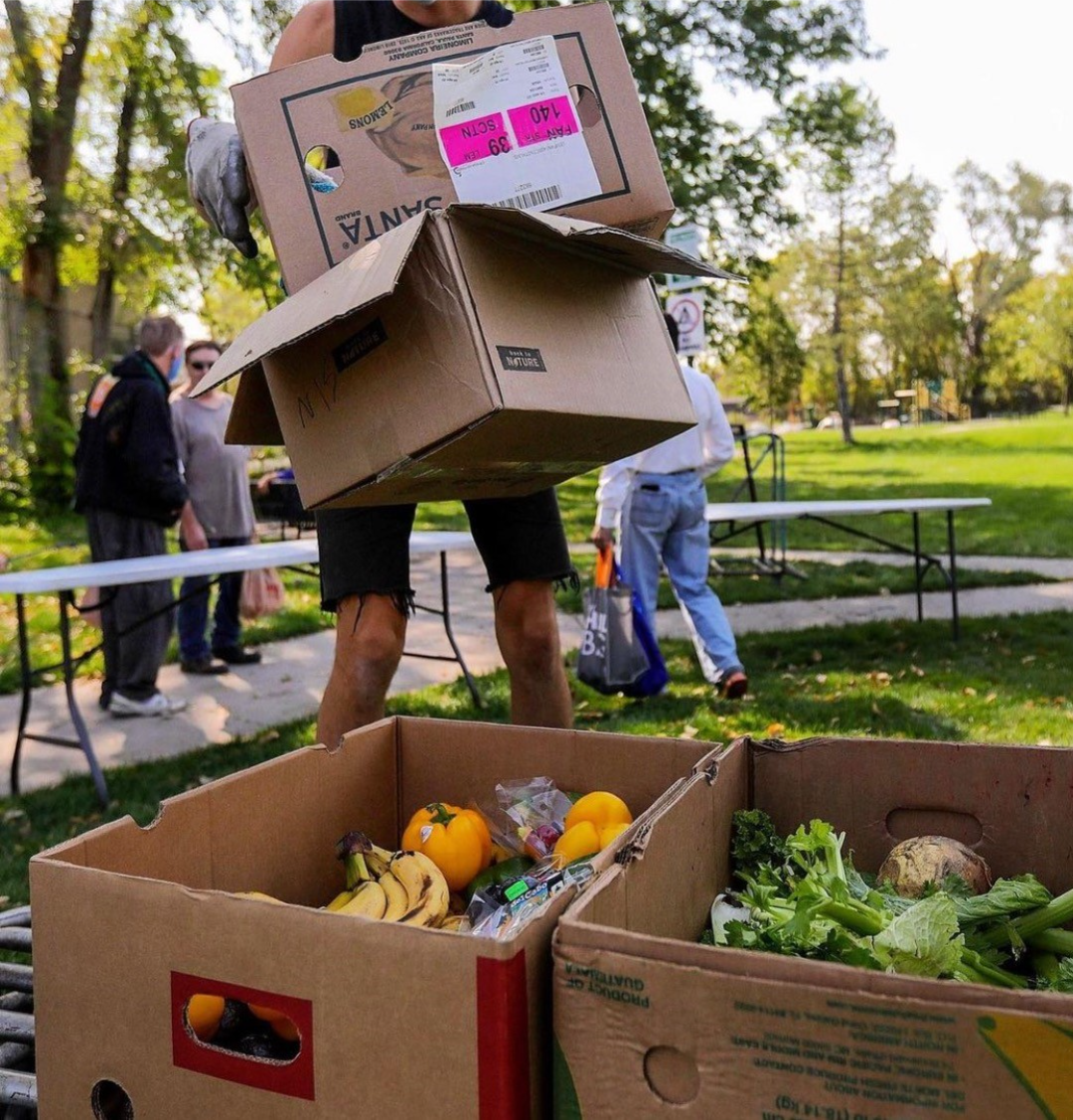By SLCgreen
Every year, we release a Year-in-Review with featuring our high-level accomplishments as well as priorities for the year ahead. (Check out our full 2023 Year in Review booklet here!)
It’s also an important time and opportunity for us to take stock, learn from the experiences we had the previous year, and to continue to improve our programs, services, and operations.
While we engage with Salt Lakers mostly through recycling questions and efforts, we do so much more! Here are some highlights from 2023 and keep a lookout for more details in our Year-in-Review booklet coming soon. (In the meantime, you can take a look at previous annual reports for 2022 and 2021.) Some notable achievements include:
Continue reading
